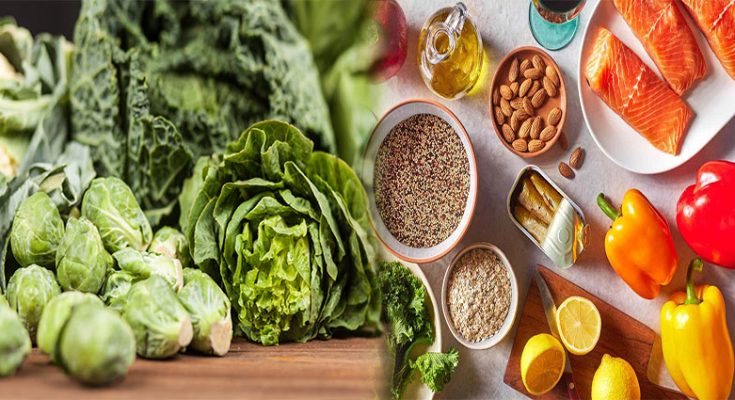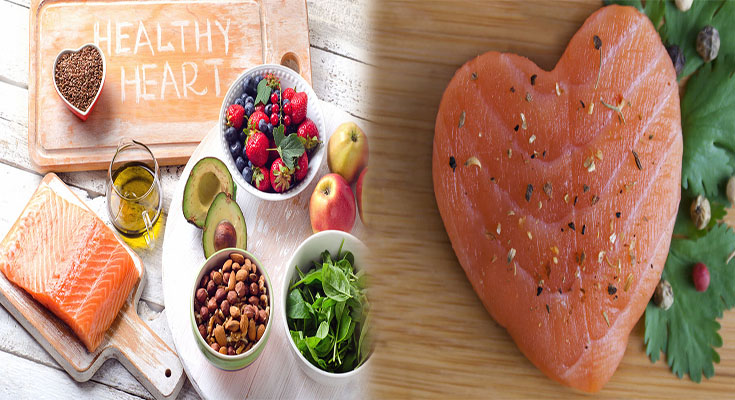
The Benefits of a Plant-Based Diet for Heart Health and Circulation Improvement
Adopting a plant-based diet has been gaining popularity as individuals become more conscious of their health and the impact of their food choices. One major advantage of a plant-based diet is its positive impact on heart health and circulation. Let’s explore the benefits of a plant-based diet for promoting a healthy heart and improved circulation.
1. Lower Cholesterol Levels
Plant-based diets tend to be low in saturated fats found in animal products, such as meat and dairy. High levels of saturated fat can raise cholesterol levels, which increases the risk of heart disease and impairs circulation. By replacing animal-based products with plant-based alternatives like fruits, vegetables, whole grains, nuts, and seeds, individuals can reduce their intake of saturated fats and lower their cholesterol levels. This, in turn, promotes better heart health and improved circulation.
2. Reduced Blood Pressure
High blood pressure is a significant risk factor for heart disease and …
The Benefits of a Plant-Based Diet for Heart Health and Circulation Improvement READ MORE




